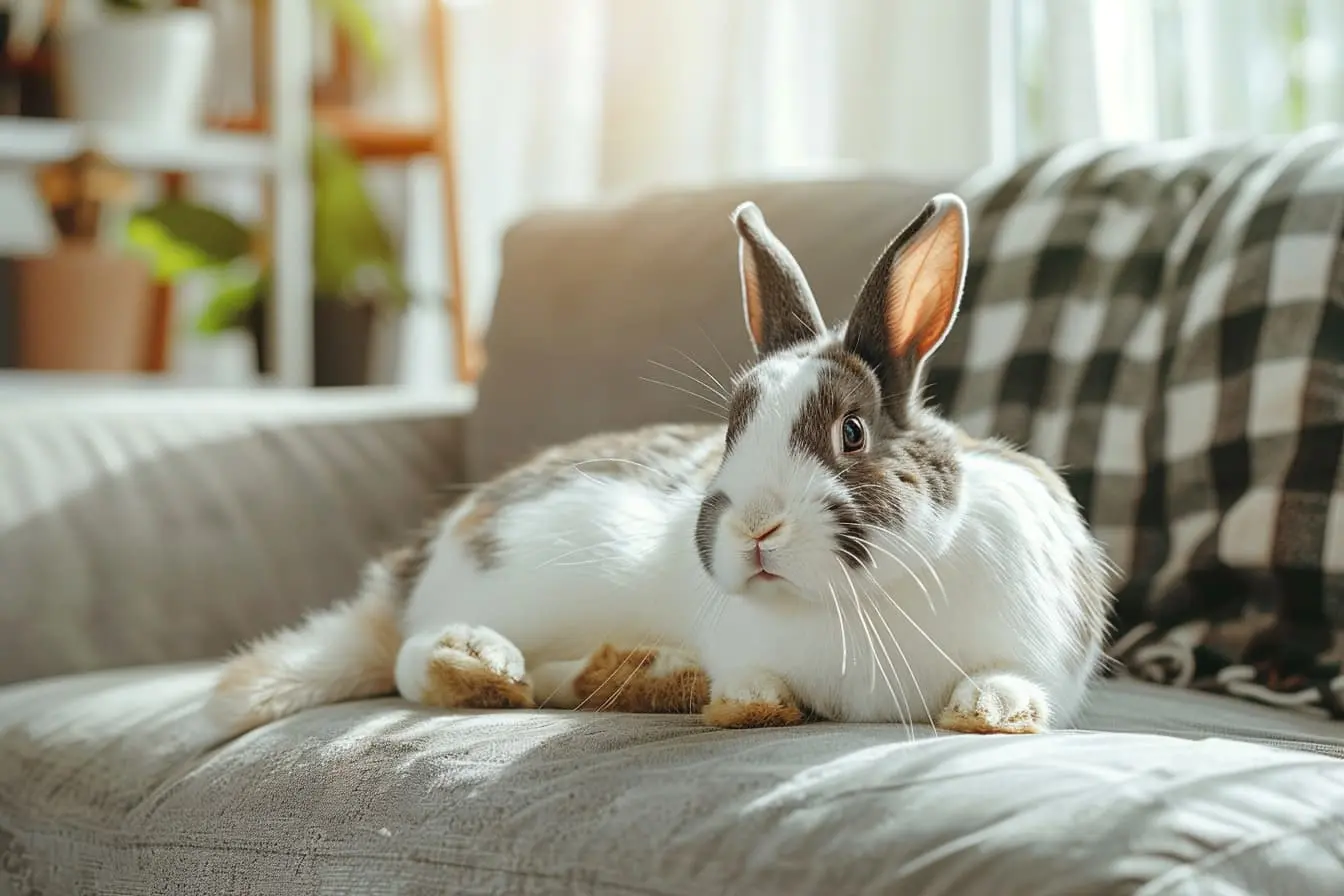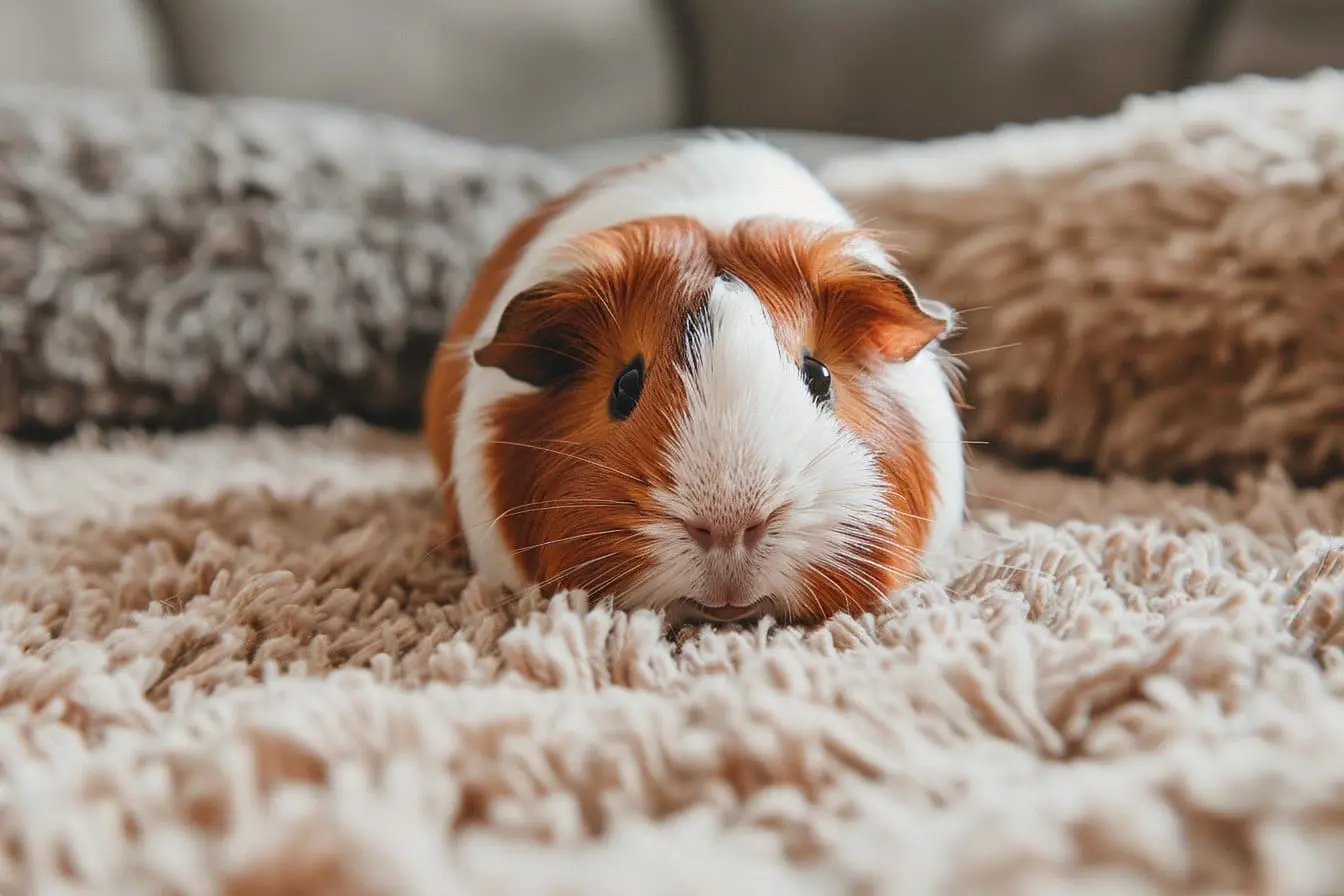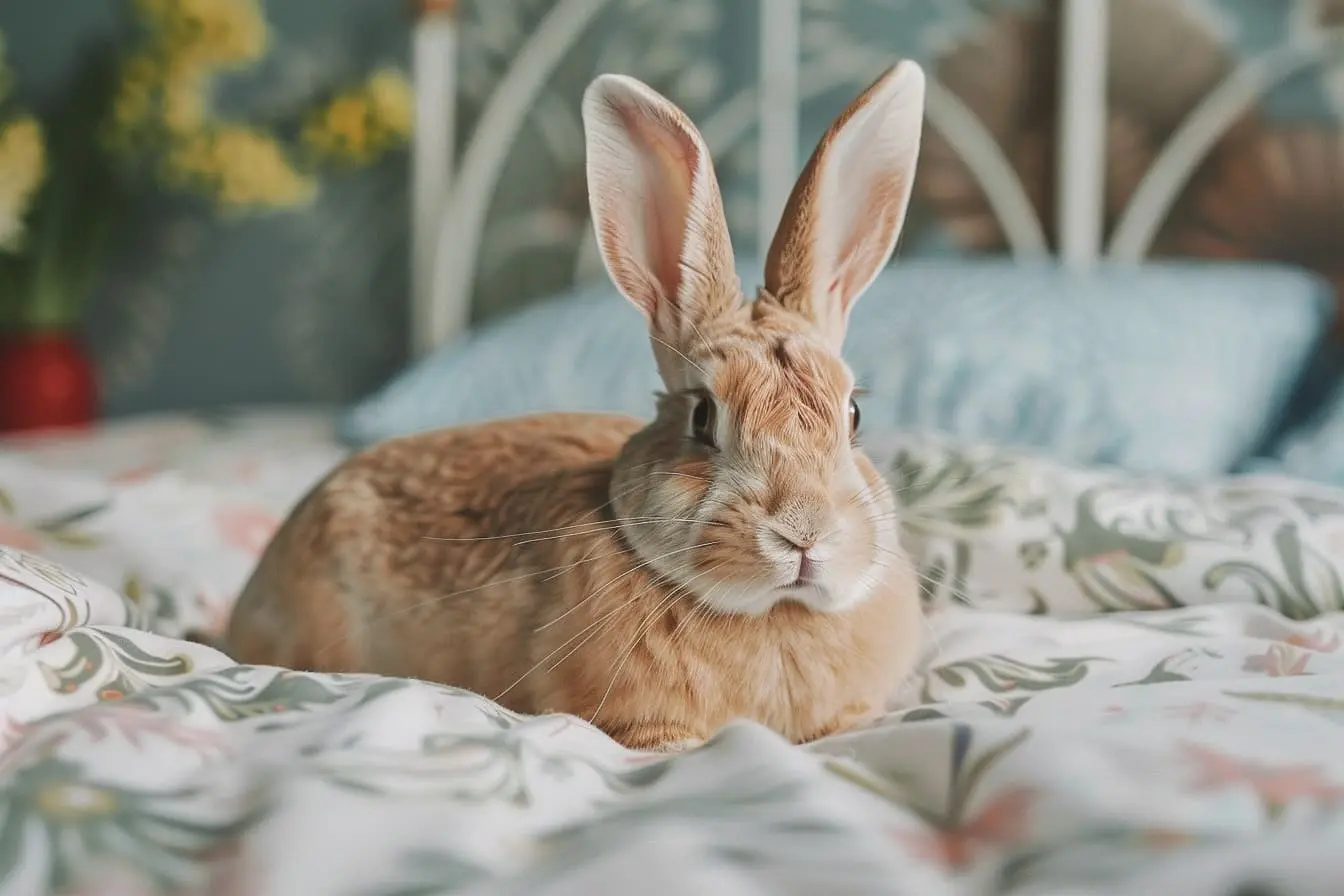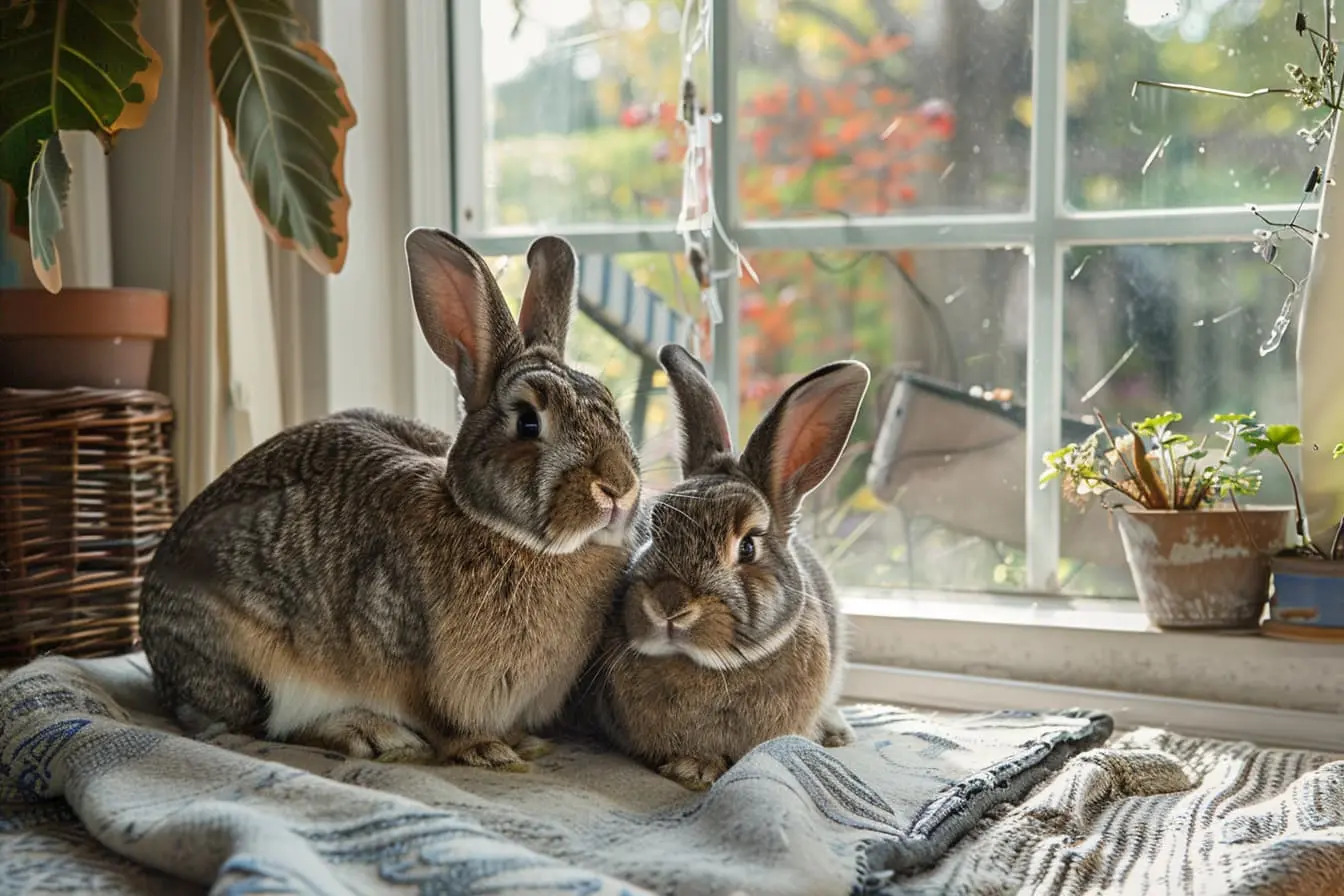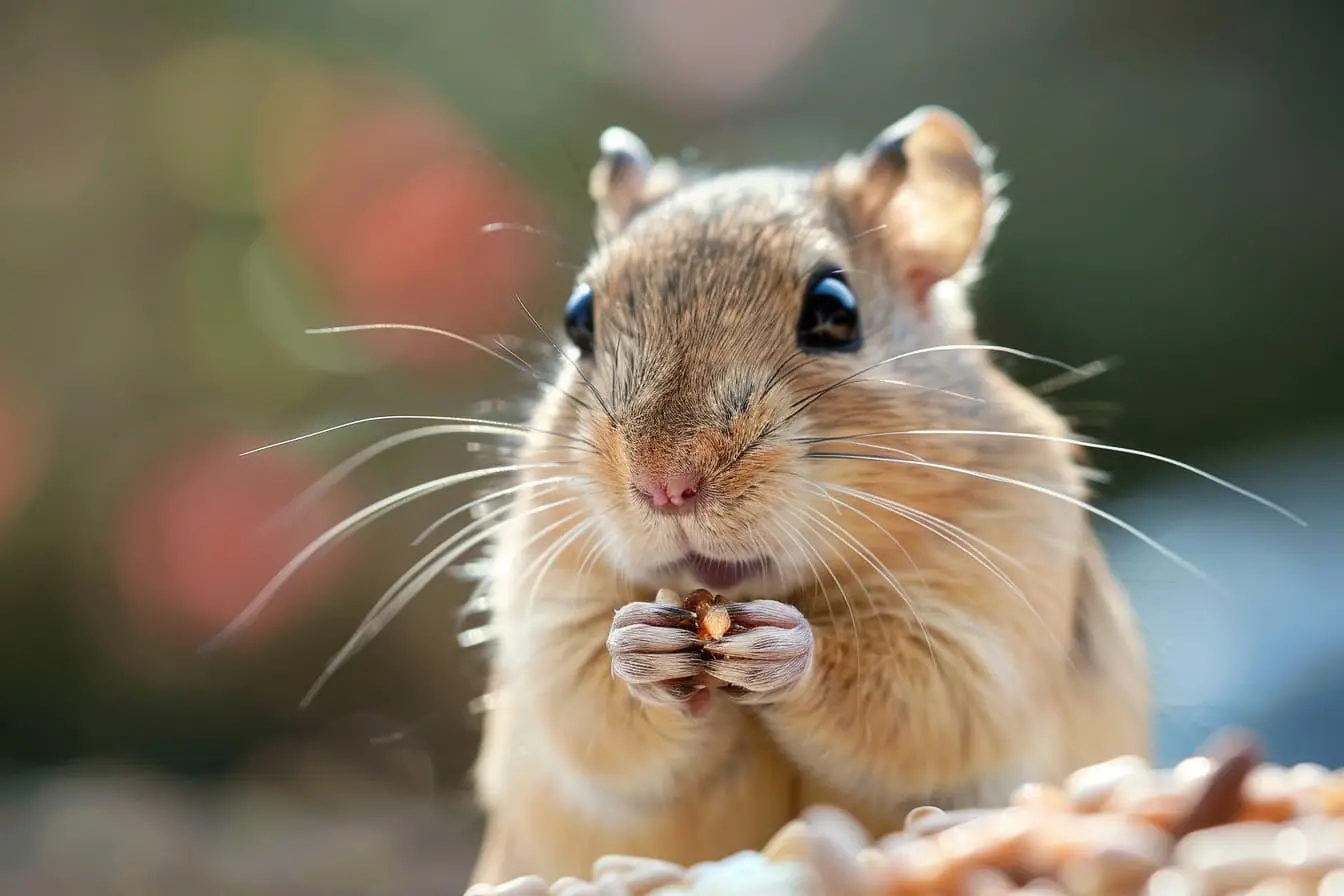
The Essential Guide to Feeding Your Pet Gerbil: Nutrition Tips for New Owners
Welcoming a gerbil into your home is an exciting journey. These small, energetic creatures can bring a lot of joy and companionship into your life. However, as a new gerbil owner, it's crucial to understand the dietary needs of your new furry friend to ensure they lead a healthy, happy life. This guide is tailored to provide new gerbil owners with comprehensive advice on feeding their pet gerbil correctly.
Understanding Gerbil Nutrition
Gerbils are omnivores, but their diet leans more towards plant-based foods. In the wild, their diet consists of seeds, grains, nuts, and occasionally insects. It’s important to mimic this diet as closely as possible to meet their nutritional needs.
The Basis of the Diet: Gerbil Mix
A high-quality commercial gerbil mix should form the basis of your gerbil’s diet. These mixes typically contain a variety of grains, seeds, and dried vegetables, providing a balanced intake of nutrients. However, it's essential to choose a mix that is low in fat and sugar to prevent obesity and diabetes, which gerbils are prone to.
Fresh Foods for Variety and Nutrition
In addition to the gerbil mix, offering fresh foods can provide essential vitamins and minerals and add variety to their diet. Suitable fresh foods include:
- Vegetables: Offer small pieces of carrots, peas, broccoli, and leafy greens like kale and spinach. Ensure they are washed thoroughly.
- Fruits: Fruits should be given in moderation due to their sugar content. Apple (without seeds), pear, and banana are good options.
- Protein: Occasional treats of cooked lean meat, boiled eggs, or mealworms can be offered.
Fresh foods should not constitute more than 10% of your gerbil’s diet to prevent digestive issues.
Water: Essential for Hydration
Ensure your gerbil has access to fresh, clean water at all times. A water bottle with a sipper tube is preferable to a water dish, which can easily be contaminated with bedding and food.
Chew Sticks and Mineral Blocks
Gerbils have a natural need to gnaw to keep their constantly growing teeth in check. Providing chew sticks or wooden toys can help satisfy this need. A mineral block can also be a great addition to their cage, supplying essential minerals and another opportunity for gnawing.
Foods to Avoid
Certain foods are harmful to gerbils and should be avoided, including:
- Chocolate and caffeinated products
- Onions and garlic
- High-sugar or high-fat foods
- Sticky or gooey foods that could stick to their cheek pouches
Feeding Schedule and Portions
Gerbils do well with a consistent feeding schedule. Offer a tablespoon of gerbil mix per gerbil each day, adjusting slightly based on their size and activity level. Fresh food portions should be small to avoid waste and spoilage.
The Importance of a Balanced Diet
A varied and balanced diet is crucial for preventing nutritional deficiencies and ensuring your gerbil remains active and healthy. Observing your gerbil's eating habits and adjusting their diet as needed can help maintain their overall well-being.
Conclusion
Providing the right nutrition for your pet gerbil involves a mix of high-quality gerbil food, supplemented with fresh foods and suitable treats. By understanding and meeting your gerbil's dietary needs, you’re setting the stage for a long, happy life together. Remember, a well-fed gerbil is a healthy and energetic companion. Welcome to the delightful world of gerbil ownership!
Vets near you
Speciality vets
- Aquatics vet specialists
- Birds vet specialists
- Camelids vet specialists
- Cats vet specialists
- Cattle vet specialists
- Deer vet specialists
- Dogs vet specialists
- Equines vet specialists
- Exotic vet specialists
- Goats vet specialists
- Pigs vet specialists
- Poultry vet specialists
- Sheep vet specialists
- Small Mammals vet specialists
- Wild vet specialists
Vet facilities
- Accessible by public transport
- Blood testing
- Car park nearby
- Client car park
- Dentistry
- Diagnostic imaging
- Disabled public access
- Flea and worm treatments
- Microchipping
- Mobile services
- Neutering
- Open at weekends
- Out-of-hours service
- Referral interests
- Referrals only
- Street parking outside
- Toilets available
- Vaccination clinic
